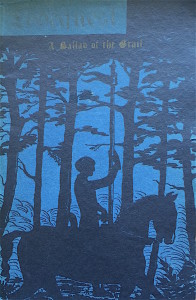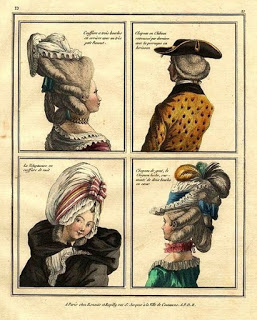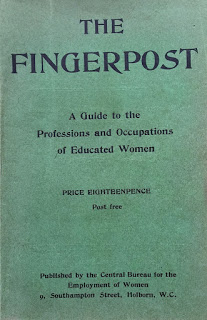Found – a copy of The Urgent Voice: and other poems by Barbara Lea (Fortune Press, London 1948.) She lead a short but productive life and is unknown to Wikipedia or any online database apart from Peerage.com who have a good factual entry* on her as, unusually for a Fortune Press poet, she was an aristocrat. The foreword is anonymous and it is just possible it is by Reginald Caton, the founder of the press but is more likely to be by a friend or family member. We append a good East Anglian poem by her after the foreword.
Barbara Lea (nee Pell) was born at Wilburton Manor in the Isle of Ely in 1903. She never lost her early passion for the Fenland, nor for the house in which she was born; indeed, she loved houses and places, before people, witness her poems ‘East Anglia Revisited’, ‘In Time of Trouble’, ‘First Visit’.
She married in 1924 and had five children, the last being born in 1934, and in spite of all the ties of home life, she became increasingly interested and active, in politics and the Women’s Institutes.
When the war started in 1939 she was on the Executive Committee of the National Federation of Women’s Institutes, as well as the Worcestershire Committee, and Chairman of the Woman’s Land Army in Worcestershire; a member of the County War Agriculture Committee, and was occupied by a large number of less onerous activities, such as Justice of the Peace, Guardians’ Committee, Parish Council, Parochial Church Council, District Nursing Association, and others too numerous to mention. In 1943 she was awarded the O.B.E. Continue reading


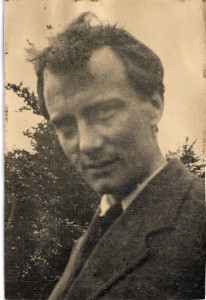 Found among the papers of Joan Stevens (1933-2015) the feminist bookseller and expert on the Powys Brothers and Edward Thomas this piece, apparently unpublished, by
Found among the papers of Joan Stevens (1933-2015) the feminist bookseller and expert on the Powys Brothers and Edward Thomas this piece, apparently unpublished, by 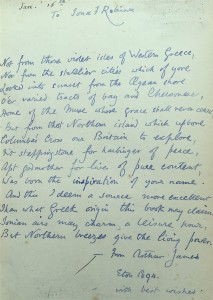

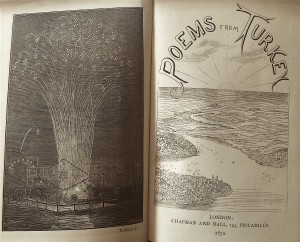
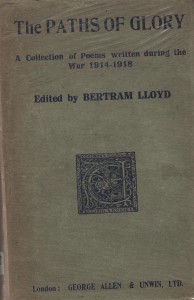
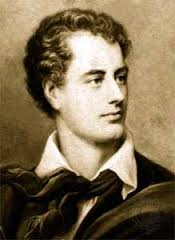
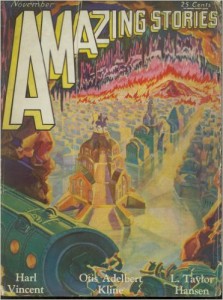 Found in The Poetry of Flight, an Anthology (edited by Stella Wolfe Murray, published by Heath Cranton, London 1925) this stirring poem by the American poet Minna Irving (1857 – 1940) Her real name was Minnie Odell Michiner and she was from Tarrytown, New York. She published a poetry collection, “Songs of a Haunted Heart” in 1888, and published poems in turn-of-the-century periodicals such as Munsey’s, The Smart Set, and The Gray Goose. She also wrote a science fiction story “The Moon Woman” which appeared in the November 1929 issue of Amazing Stories (right.) She has no Wikipedia entry. The anthology, which has pieces by Homer, Swinburne, Duncan Campbell Scott and W.H. Davies is dedicated ‘..to the memory of all have given their lives for aeronautical progress.’ Her poem could have been written by an Italian Futurist and has all the excitement of the early days of aviation.
Found in The Poetry of Flight, an Anthology (edited by Stella Wolfe Murray, published by Heath Cranton, London 1925) this stirring poem by the American poet Minna Irving (1857 – 1940) Her real name was Minnie Odell Michiner and she was from Tarrytown, New York. She published a poetry collection, “Songs of a Haunted Heart” in 1888, and published poems in turn-of-the-century periodicals such as Munsey’s, The Smart Set, and The Gray Goose. She also wrote a science fiction story “The Moon Woman” which appeared in the November 1929 issue of Amazing Stories (right.) She has no Wikipedia entry. The anthology, which has pieces by Homer, Swinburne, Duncan Campbell Scott and W.H. Davies is dedicated ‘..to the memory of all have given their lives for aeronautical progress.’ Her poem could have been written by an Italian Futurist and has all the excitement of the early days of aviation.
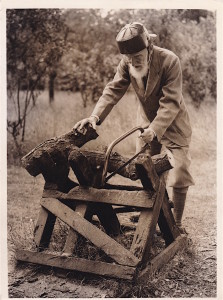
 If you Google Jane Deverson all you will find is that she was the journalist, who with Charles Hamblett, invented the catchy term ‘Generation X’ to describe the disaffected youth born just after the close of the Second World War. Today they are better known as ‘ Baby Boomers ‘, but back in 1963, when she co-wrote the feature in question for the magazine ‘Woman’s Own’, that particular label had not yet been invented. Anyway, Generation X sounds a lot cooler. A book followed in 1964 and it was a copy of this, which budding punk Billy Idol found in his mother’s home, that inspired him to form a band with the same name.
If you Google Jane Deverson all you will find is that she was the journalist, who with Charles Hamblett, invented the catchy term ‘Generation X’ to describe the disaffected youth born just after the close of the Second World War. Today they are better known as ‘ Baby Boomers ‘, but back in 1963, when she co-wrote the feature in question for the magazine ‘Woman’s Own’, that particular label had not yet been invented. Anyway, Generation X sounds a lot cooler. A book followed in 1964 and it was a copy of this, which budding punk Billy Idol found in his mother’s home, that inspired him to form a band with the same name.
